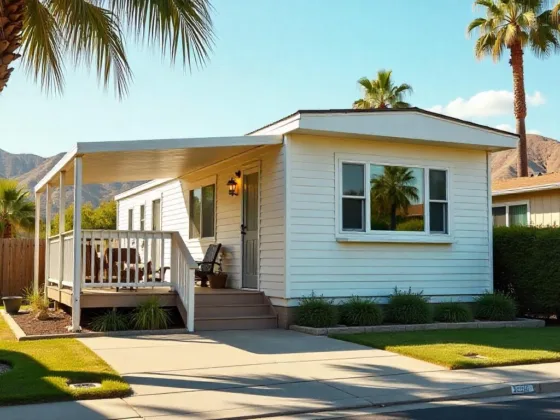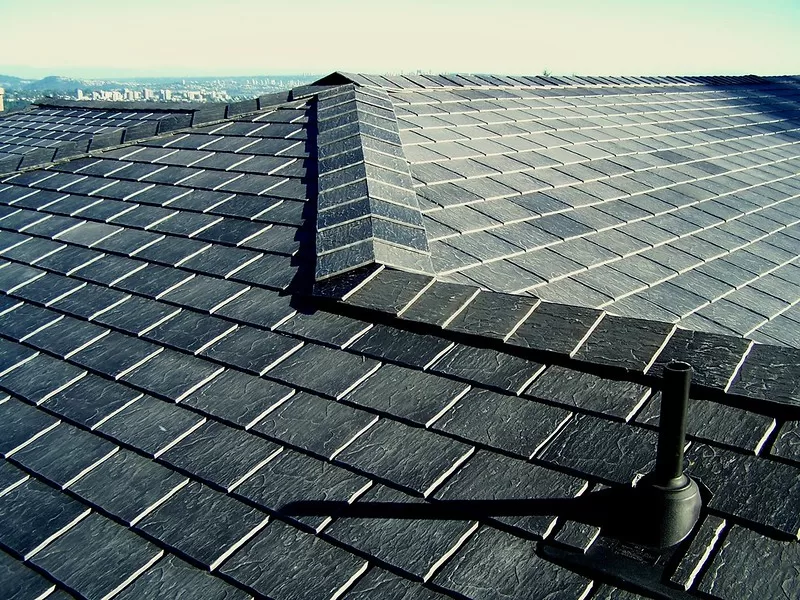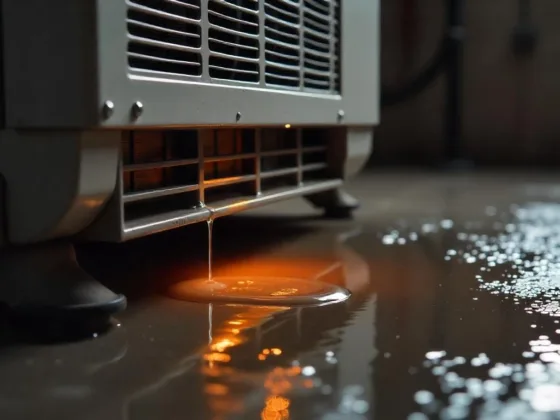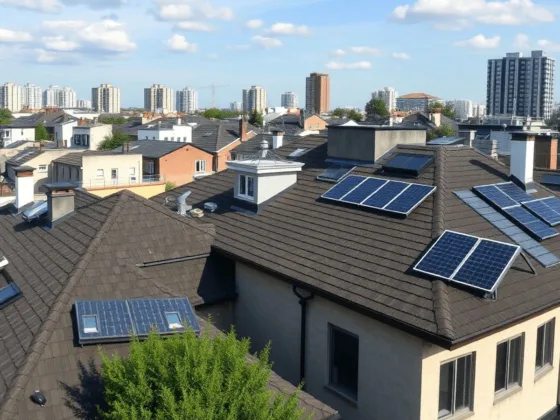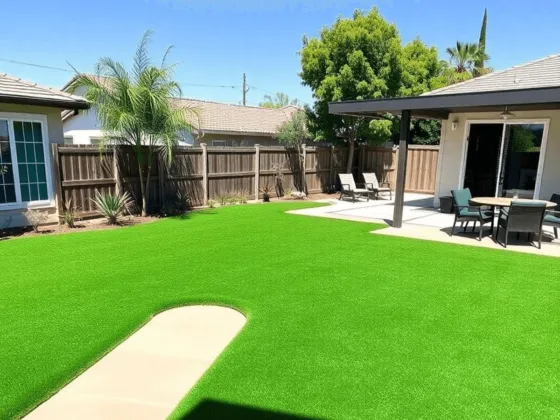Anxiety over replacing two systems at once is understandable if you’re experiencing issues with your central air conditioner and furnace.
A heat pump system might save you money on a new system and on labor costs but the compressor and liquid refrigerant are integral parts of a heat pump which can also make the heat pump leaking.
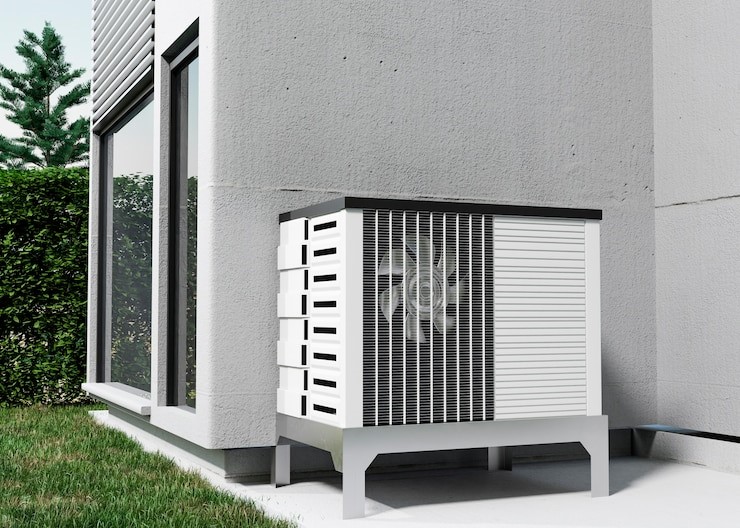
Your home’s heating system will employ a heat pump to extract heat from the outside air and distribute it throughout the house during the winter months.
Here you will get a summary of the advantages and disadvantages of buying a heat pump system to assist you in making your decision.
Benefits of Heat Pump
1. Reduction of Polluting Emissions
A heat pump is environmentally friendly is one of its many advantages. Because the heat pump does not burn fossil fuels, no harmful emissions are sent into the atmosphere.
There is a positive environmental impact of reducing carbon emissions. This also saves consumers $459 a year in utility costs.
2. Low-Maintenance Required
A heat pump does not need a lot of upkeep. Once a year, they demand the homeowner undertake a system check instead of hiring a professional. A heat pump’s minimal need for maintenance helps homeowners trying to save money on costly home repair work.
3. Absence of Any Noise
With an electric heat pump, you benefit from a quieter operation than you would with a furnace or central air conditioner. There are 60 decibels of sound from an air conditioner on a typical day. On the other hand, an air-source heat pump emits just 40 dB.
A heat pump or ductless mini-split unit may be an option if you seek to replace an outdated, loud air conditioner. Even though a heat pump generates low noise, this technology has been designed to be very effective. When compared to other kinds of systems, heat pumps use less power.
Drawbacks of Heat Pump
1. The Upfront Cost Is High
The initial investment in a heat pump is among the most expensive industry. There is a risk that this may dissuade potential buyers.
They’re so expensive because of the quality of the equipment, the difficulty of the installation, the kind of system, and so on.
This sort of heating and cooling system might cost anywhere from $12,000 to $20,000, depending on the size of your home.
2. Uses a Little Number of Carbons
A heat pump uses power to furnish your house with hot and cold air. This means it isn’t carbon neutral. Even it doesn’t use natural gas or propane.
Your heat pump may also be used in conjunction with solar panels mounted on your roof or your lawn if you want to remove your system’s carbon emissions altogether.
3. It Is Difficult To Install
Because of the extensive planning necessary to install a heat pump, it is a challenging task.
Preparation for installing a heat pump includes learning about how heat moves through the earth, local geology, and the specific heating and cooling needs of your house.
Geothermal heat pumps demand additional consideration when weighing the benefits and drawbacks of acquiring a heat pump since the earth must be dug up to install the system.



